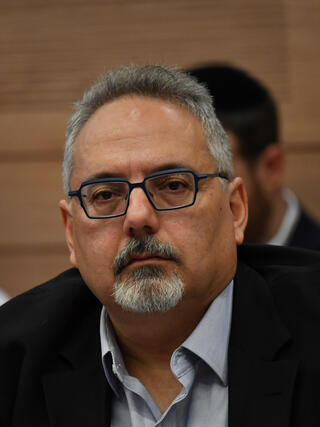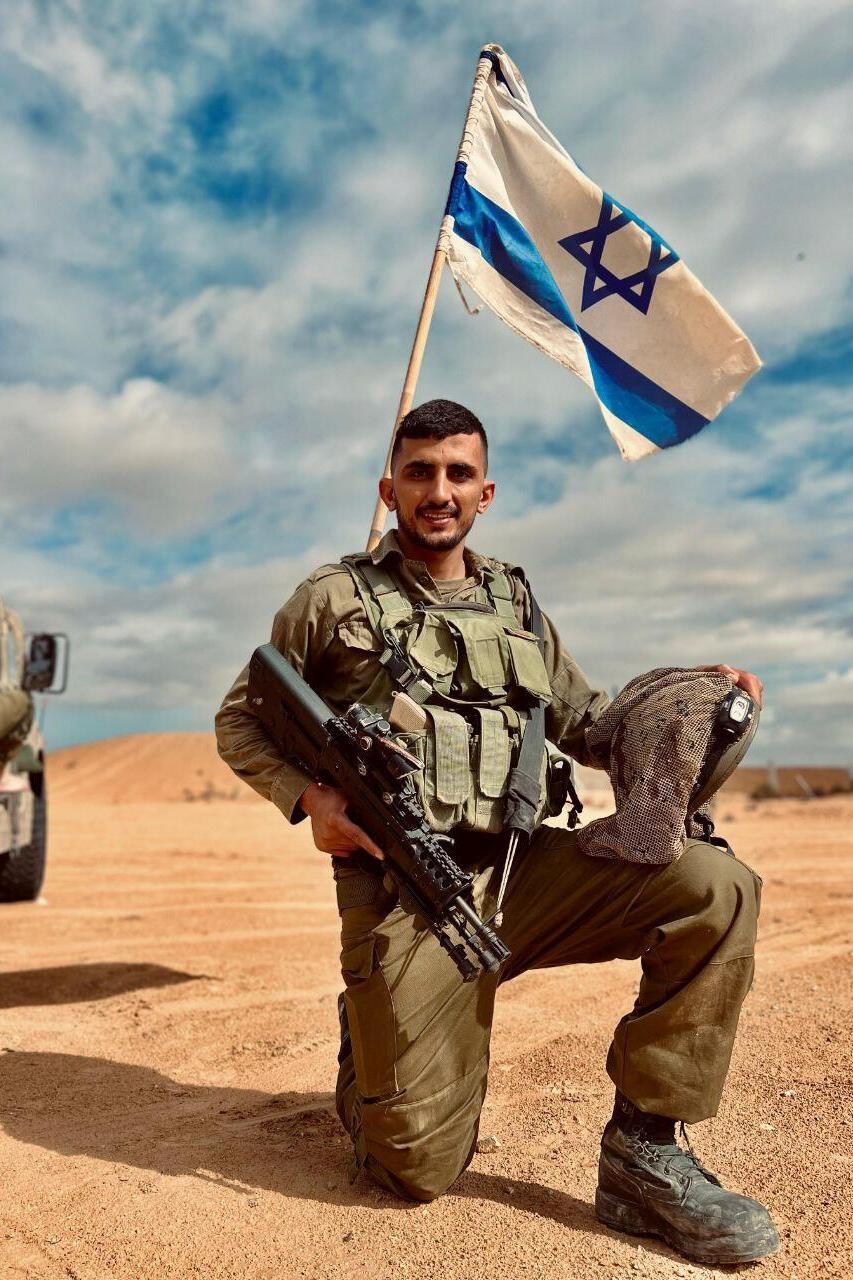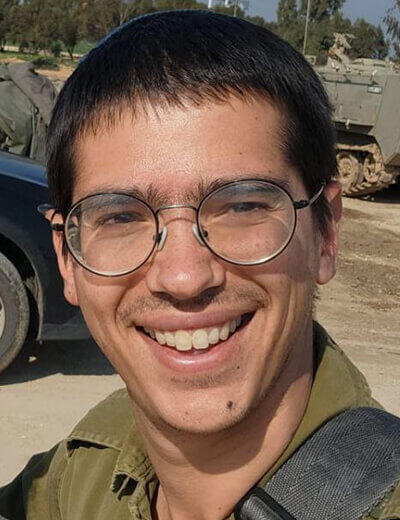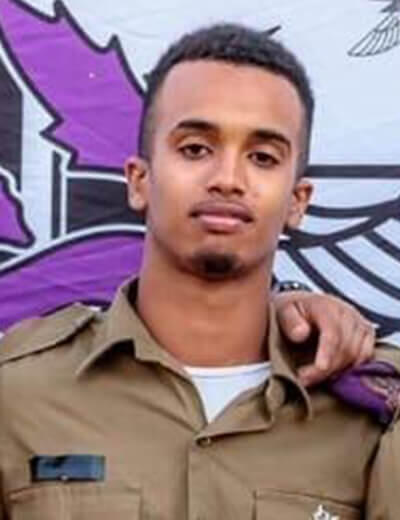In this war, I think a lot about Archibald MacLeish's famous poem, The Young Dead Soldiers Do Not Speak. It starts with: "They have a silence that speaks for them at night and when the clock counts. They say, We were young. We have died. Remember us." It ends with: "They say, Our deaths are not ours: they are yours: they will mean what you make them. They say, We leave you our deaths: give them their meaning: give them an end to the war and a true peace: give them a victory that ends the war and a peace afterwards: give them their meaning."
Read more:
Since I was exposed to it many years ago, the poem has resided in my soul, and its words have served me as both a pain reliever for the nights of war and as an incentive for action in the days that follow.
In this war, something changed. The need has diminished. Our young soldiers who die do not leave silence, but rather clear and precise words. They do not ask us to give meaning to their death but do it themselves. We are only required to execute their wills as they left them. And so, when Elkana Vizel, Ahmad Abu Latif and Uriah Aymelek Goshen – who fell in the heroic battles in Gaza – leave written or photographed wills to be opened after their deaths, they make it clear what meaning they demand for their death.
It is not for nothing that their words overlap with each other. Unlike us, they were always united. That's why when Elkana writes that "we have so much to be proud of and be happy about... we are writing the most significant moments in the history of our nation," it connects with Ahmad's words, which said: "I am proud to be an Israeli Bedouin who served in the IDF." When Uriah Aymelek Goshen asks: "Keep smiling because this is our strength," his words are the same as Elkana's request, "Be happy." Be optimistic."
Everyone repeats the demand to "be together and united" and not let those who try to "intimidate, provoke and destroy" win. It is obvious to them. After all, they served together, fought together and, painfully, also fell together while defending the homeland they loved so much together.
Uriah, Ahmad and Elkana are not the only fallen who left behind clear instructions for action. Many of those going to the battles this time have prepared farewell words just in case and will not return. It is not because today's technology makes it easier to do so since there is really no difference between paper in a closed envelope and a message photographed on a cell phone. It seems that this time they simply don't trust us to rise to the occasion after how we behaved up until October 7.
It is also possible that they were exposed to the shameful divisiveness that continues in Israel even while they are sacrificing their lives together on the front lines. This explains their joint demand not to let the schism grow ever larger until we all fall in.
Unfortunately, even their explicit words fail to stop the latter. Many people rush to cancel their dying wish, claiming that "we don't know what kind of society they wanted to see here," which joins the brazen demand: "Don't use them and their sacrifice. They have sacrificed enough." So that's it, we actually know. They said this in one simple word that was repeated over and over again in the parting words they left behind: unity.
 Prof. Yuval ElbashanPhoto: Yoav Davidovich
Prof. Yuval ElbashanPhoto: Yoav DavidovichIt is clear that there is no obligation to follow the moral compass that guided the fallen during their lives. However, their acts of sacrifice obligate us to at least honor their requests and not silence their voices, just because they conflict with the interests of those who silence them. It's also not really possible.
This time our young fallen soldiers are talking and not just through the silence of the night. This time, precisely because they know that their death will be ours, they demand the meaning of their death, toward which they willingly and proudly walked, will not be desecrated. They entrust us with sacred words: "Here we have commanded you our death, give it its meaning." I wish we could be worthy to honor them.
- Prof. Yuval Elbashan is a law professor





